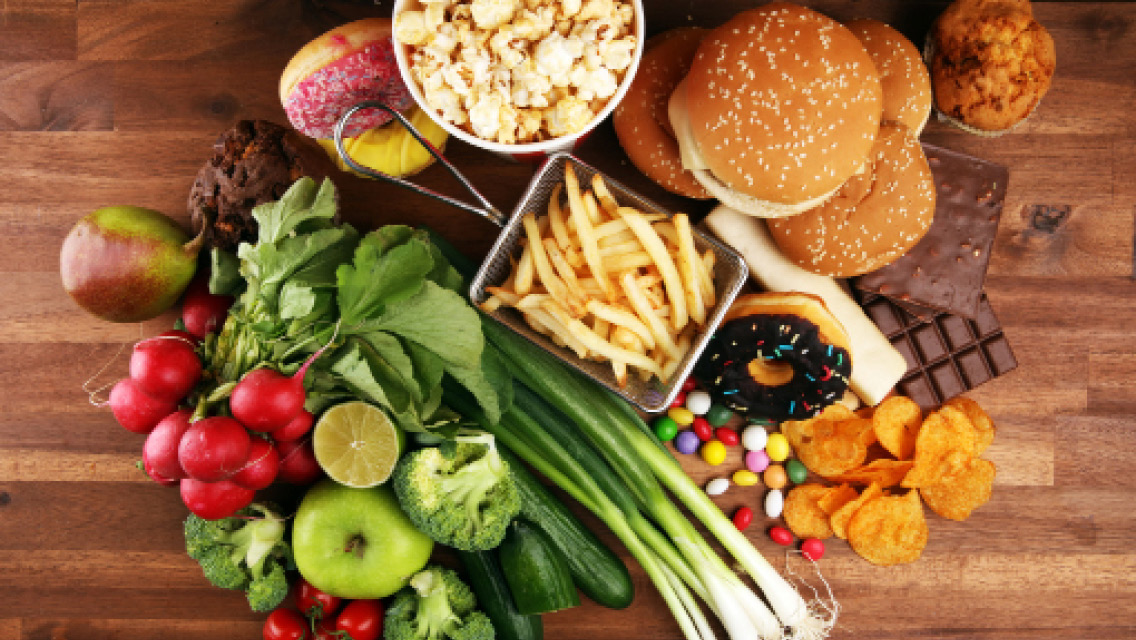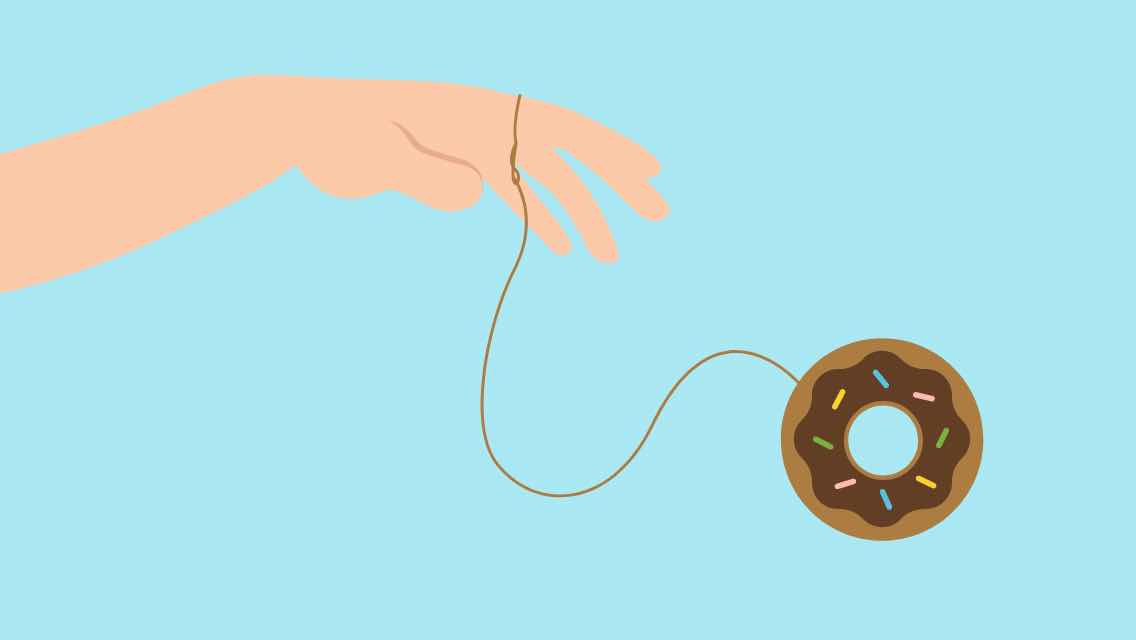When we chronically resist physical hunger, as with dieting or disordered eating, it’s almost as if the body throws up its hands. “The body is wired for survival,” says psychologist and eating-disorder specialist Rachel Millner, PsyD. “If we’re not eating day after day, it will stop sending out cues, such as stomach growling or shakiness. This is like the body saying, ‘This person isn’t feeding me consistently, so I’m not going to show those more obvious signs of hunger anymore.’”
At this point, metabolism slows and blood pressure drops. “The body needs food to stay alive, and if it’s not getting enough, it’s going to slow down and quiet everything else to try and preserve life,” explains Millner. “You will likely feel fatigue and will be thinking about food more often.” This confusion of signals can make it hard to tell when you’re hungry or when you’re full.
The body is wise, and it’s possible to reteach it to feel hunger. In the same way it learns to start shutting down when it’s being deprived, it will start waking up when food is available again.
But the body is wise, and it’s possible to reteach it to feel hunger. In the same way it learns to start shutting down when it’s being deprived, it will start waking up when food is available again.
In her work with clients recovering from eating disorders, Millner first asks them to eat predictably and consistently throughout the day — whether they’re aware of hunger or not. “Start to build a trusting relationship with the body, where every couple of hours it starts to learn that food is coming.”
Over time, this consistency helps rebuild appetite. Your body recognizes that sending hunger signals is a good use of energy, because it results in being fed.





This Post Has 0 Comments